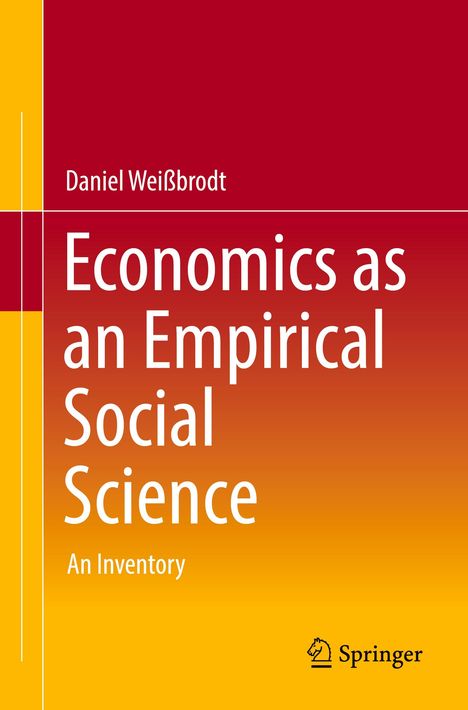Daniel Weißbrodt: Economics as an Empirical Social Science, Kartoniert / Broschiert
Economics as an Empirical Social Science
- An Inventory
(soweit verfügbar beim Lieferanten)
- Verlag:
- Springer Fachmedien Wiesbaden, 07/2024
- Einband:
- Kartoniert / Broschiert, Paperback
- Sprache:
- Englisch
- ISBN-13:
- 9783658451226
- Artikelnummer:
- 11915293
- Umfang:
- 316 Seiten
- Nummer der Auflage:
- 2024
- Ausgabe:
- 2024
- Gewicht:
- 482 g
- Maße:
- 235 x 155 mm
- Stärke:
- 18 mm
- Erscheinungstermin:
- 9.7.2024
- Hinweis
-
Achtung: Artikel ist nicht in deutscher Sprache!
Klappentext
Economics still adheres entirely unreflectively to a mechanistic worldview and machine thinking. Epistemologically, it thus remains in the 19th century, and its assumptions and theories, methods, and models therefore stand in stark contradiction to the findings of all other social and natural sciences as well as a multitude of empirical facts.
Through a discourse-analytical examination of sixteen basic concepts in economics, based on twelve standard economics textbooks, their ideahistorical origin and use are worked out and compared and related to the current state of knowledge of other disciplines. This reveals the structural, methodological, and content errors of economics in a clear manner.
Especially for critical students, who have long been demanding an economics that is in line with the current state of research and faces the challenges of the 21st century, this opens up the possibility of a new approach to economics.
The Content
Discourse-analytical examination of fundamental assumptions and concepts of economics from "labor" to "wealth"
Structural, methodological, and content critique of economic thinking from an epistemological perspective
Critical examination of the use of empirical and statistical data, the method of gaining knowledge, and the model thinking in economics

